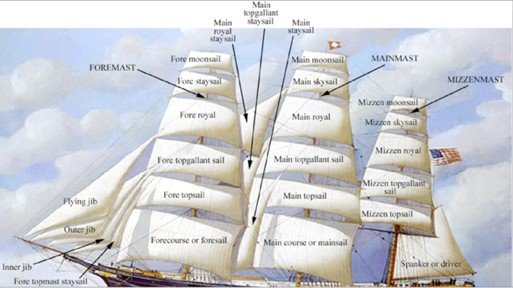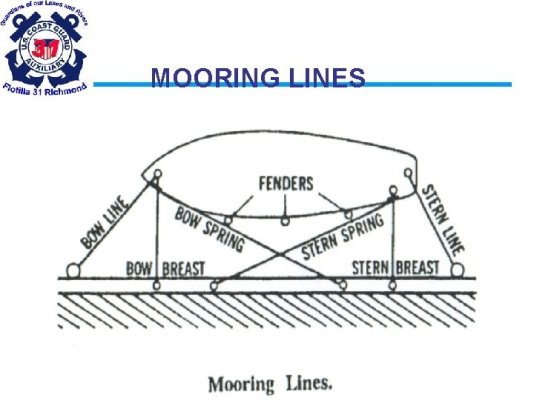Hippocampus
Guru
- Joined
- Jul 27, 2020
- Messages
- 4,182
- Location
- Plymouth
- Vessel Name
- Hippocampus
- Vessel Make
- Nordic Tug 42
Also in discussions with yards or techs terminology is important. Many things are boat specific-ceiling, floors, stringers, stations etc. I tell the yard pleas check the ceiling on port side around station 4 they know what I mean. I tell a crew please ease the starboard sheet on the primary it’s done even if a rope is on the deck nearby. Yes the heads was climbing out on the bowsprit to poop although the poop deck is aft. I don’t have a steering oar on the right side of the boat nor do I need to tie up only on the left side of the boat. Yes, the evolution of the terms maybe of historical interest alone. But the terms are functional and eliminate confusion.
In my field they have changed terms to the detriment of function and spirit in the view of many. Now patients are clients. To my mind clients implies a business relationship whereas patients has a history of the relationship not being just economic. Husbands are significant others on the OB chart. qHS can’t be written. Need to spell out hour of sleep. Same with BID or TID which was used to distinguish from q12 or q8 ( twice a day v every 12 hours etc.). Often it was useful to use Latin on rounds to preserve patient privacy when there were others in the room of whom you didn’t know the relationship to the patient. Now with HIPAA you waste time and patient care is degraded as communication has become more difficult.
On a boat you want what you say or hear to have only one meaning. You want the terms to sound so different that even in noisy surrounds or when stressed they are easy to distinguish from each other. It’s not just the romance of the language used. It’s functional and has evolved over centuries. Don’t mess with success.
In my field they have changed terms to the detriment of function and spirit in the view of many. Now patients are clients. To my mind clients implies a business relationship whereas patients has a history of the relationship not being just economic. Husbands are significant others on the OB chart. qHS can’t be written. Need to spell out hour of sleep. Same with BID or TID which was used to distinguish from q12 or q8 ( twice a day v every 12 hours etc.). Often it was useful to use Latin on rounds to preserve patient privacy when there were others in the room of whom you didn’t know the relationship to the patient. Now with HIPAA you waste time and patient care is degraded as communication has become more difficult.
On a boat you want what you say or hear to have only one meaning. You want the terms to sound so different that even in noisy surrounds or when stressed they are easy to distinguish from each other. It’s not just the romance of the language used. It’s functional and has evolved over centuries. Don’t mess with success.
Last edited:









